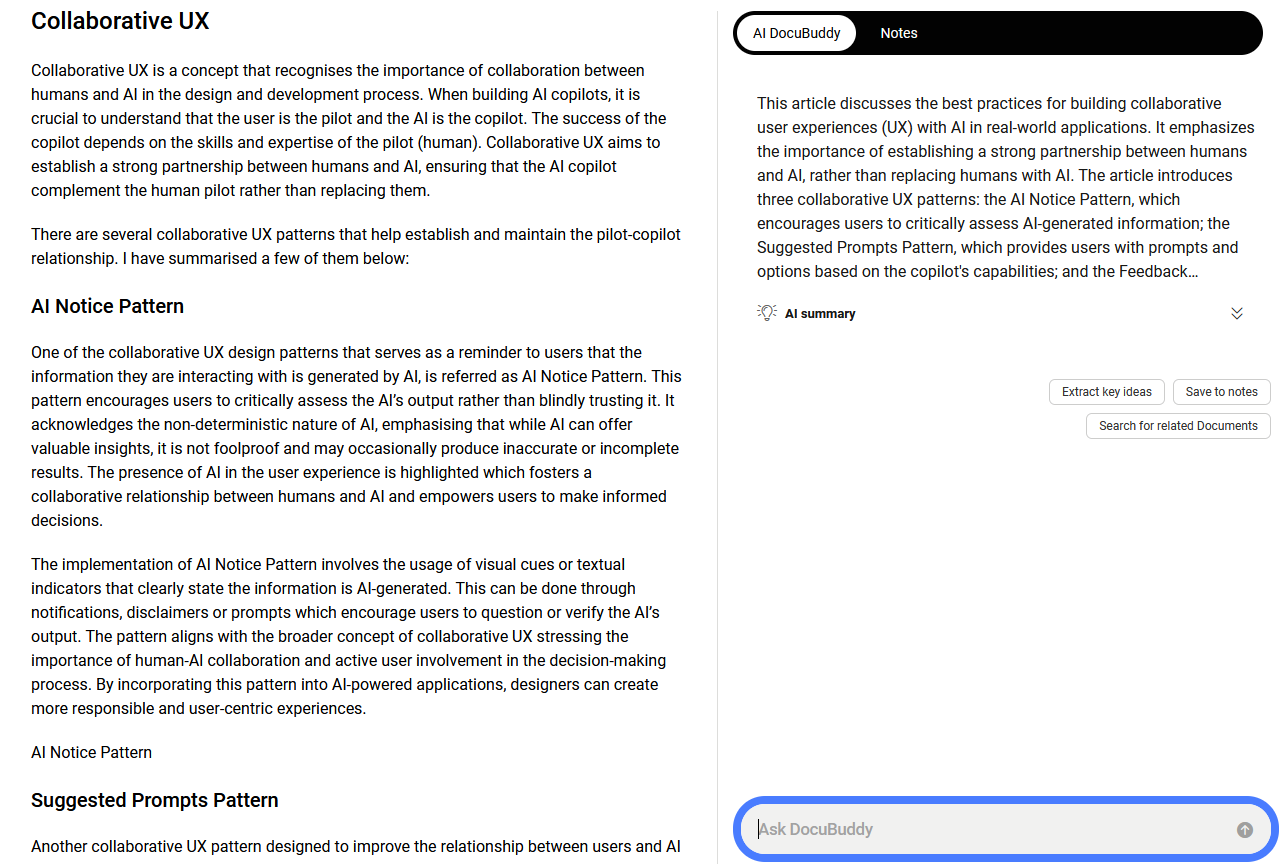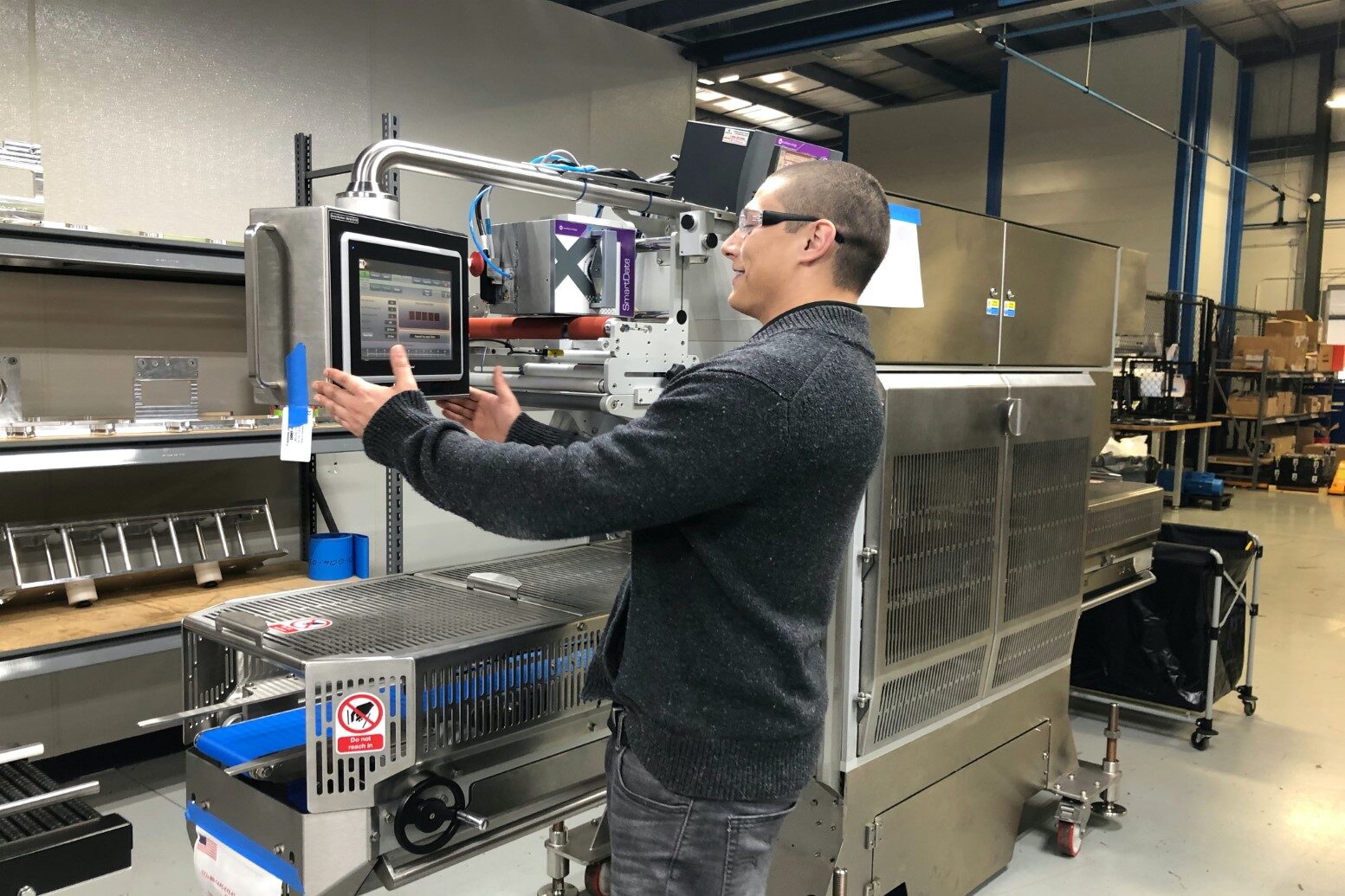Overview
In today’s rapidly evolving business environment, companies face significant challenges in managing and preserving their organizational knowledge. As experienced employees retire or leave, and as data silos grow within complex IT landscapes, the risk of losing critical knowledge increases. Additionally, the demands of regulatory compliance, quality standards, and continuous innovation add layers of complexity that can overwhelm even the most capable teams.
The AI Knowledge Base offers a comprehensive solution to these challenges. By centralizing and automating the management of organizational knowledge, this AI-driven platform ensures that valuable expertise is preserved, easily accessible, and effectively utilized across the organization. Whether the goal is to reduce dependence on key individuals, enhance decision-making, or streamline the retrieval of critical information, the AI Knowledge Base provides a robust platform for achieving these objectives.
Challenge
A leading manufacturing company with a complex IT landscape and several decades of accumulated expertise faced a growing issue: critical knowledge was fragmented across various departments, systems, and individual employees. This fragmentation led to inefficiencies, prolonged decision-making processes, and increased dependence on a few key employees who held critical expertise.
Moreover, the company was under pressure to comply with stringent regulatory requirements and quality standards, which further complicated their knowledge management efforts. The existing system made it difficult to quickly retrieve necessary information, leading to delays and a heightened risk of non-compliance.

Solution
The company implemented the AI Knowledge Base, which utilized advanced AI/ML algorithms and a Mixture of Expert (MoE) Automation architecture to centralize and streamline their knowledge management processes. Here’s how the solution addressed their challenges:
- Centralized Knowledge Repository:
The AI-Powered Knowledge Base integrated data from various sources, including legacy systems, databases, and employee contributions, into a centralized repository. This eliminated data silos and ensured that all employees had access to the same up-to-date information. - AI-Driven Search and Retrieval:
The platform’s AI-driven search capabilities allowed employees to quickly find relevant information, even across large and complex datasets. The system understood context and could retrieve information based on natural language queries, reducing the time spent searching for answers. - Multi-Hop Question Answering:
For more complex inquiries that required information from multiple sources, the platform used multi-hop question answering techniques. This enabled it to connect related pieces of information from different parts of the organization, providing comprehensive answers to complex questions. - Preservation of Organizational Knowledge:
The platform automatically captured and organized new knowledge as it was generated, ensuring that valuable insights were preserved and accessible for future use. This reduced the company’s reliance on individual employees and safeguarded critical expertise against loss. - Integration with Existing Systems:
The AI-Powered Knowledge Base seamlessly integrated with the company’s existing IT infrastructure, including their CRM, ERP, and compliance management systems. This ensured that the knowledge base was continuously updated and aligned with the company’s operational processes.
Results
The implementation of the AI Knowledge Base delivered significant benefits to the manufacturing company:
- Reduction in Information Retrieval Time:
Employees were able to find the information they needed in half the time, thanks to the platform’s AI-driven search capabilities. This improvement directly enhanced productivity and decision-making speed. - Decrease in Reliance on Key Individuals:
The platform reduced the company’s dependence on a few key employees by ensuring that critical knowledge was documented and accessible to everyone. This not only mitigated the risk of knowledge loss but also improved collaboration across teams. - Faster Onboarding for New Employees:
The AI Knowledge Base provides new hires with immediate access to the information they need, reducing the time it takes to become fully productive. This improvement is especially valuable in environments with complex processes or extensive documentation. - Reduction in Repetitive Inquiries:
The AI Knowledge Base made organizational knowledge easily accessible, which significantly reduced the volume of repetitive inquiries to internal support teams, freeing them up to focus on more complex issues. - Enhanced Compliance and Quality Management:
By centralizing and streamlining access to regulatory and quality-related information, the platform improved the company’s ability to comply with industry standards and regulations. This resulted in fewer compliance issues and a stronger overall quality management system. - Increase in Organizational Knowledge Retention:
By capturing and organizing knowledge as it’s generated, the AI Knowledge Base improves knowledge retention and makes it easier for teams to reuse existing knowledge in new contexts. - Improved Innovation and R&D:
The AI Knowledge Base combined with the AI Research Assistant facilitated quicker access to research data and insights, enabling the company’s R&D teams to innovate faster and more effectively. This contributed to a shorter time-to-market for new products and enhanced the company’s competitive edge

Conclusion
The AI Knowledge Base proved to be an invaluable asset for the manufacturing company, addressing their most pressing knowledge management challenges. By centralizing organizational knowledge, streamlining information retrieval, and reducing reliance on key individuals, the platform empowered the company to operate more efficiently and competitively in a complex and regulated industry.




